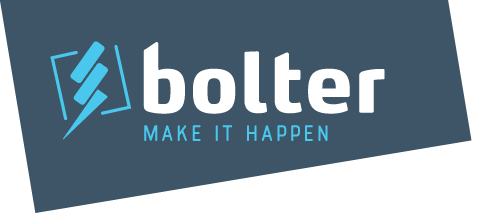Generative AI is everywhere, creating text, images, code, and more. But while it’s powerful, it also raises real intellectual property (IP) risks for Australian businesses. Knowing what’s at stake can save headaches down the track.
AI Can’t Be an Inventor
Under Australian law, only humans can be listed as inventors on patents. AI-generated work alone won’t qualify. For copyright, protection generally applies only if a human has made a substantial contribution, from selecting inputs to editing outputs. Documenting human involvement and assigning rights in contracts is key.
Licensing and Third-Party Tools Matter
Many AI platforms are built on third-party models or data. That means your business needs to check who owns the output and whether licenses allow commercial use. Reading the fine print now can prevent future disputes and IP claims.
Branding, Logos, and Design Outputs
Using AI to generate logos, product designs, or other brand assets comes with risk. The output must be sufficiently original to register trademarks or designs, and you need to consider whether copyrighted content influenced it.
Training Data Risks
AI models are trained on large datasets, often containing copyrighted material. Australia doesn’t currently have special copyright exceptions for AI, so it’s essential to track where your training data comes from and keep records of how outputs are created.
Stay Ahead of AI Regulations
The regulatory landscape is still evolving. Auditing AI use, documenting human contribution, and clarifying IP ownership in contracts today will put your business ahead if new laws arrive.
Practical Steps for Aussie Businesses
If you’re already using Generative AI (or thinking about it), here’s how to protect your business and stay ahead:
- Map your AI workflow: Know how tools are used and who is overseeing outputs.
- Update contracts: Clarify IP ownership with employees, contractors, and AI providers.
- Document contributions: Keep records of human input, prompts, and edits.
- Stay legally agile: AI laws and IP guidance are evolving; regularly review your strategy to adapt to changes.
- Use clear legal pathways: consider licensing agreements, IP assignments, or other structures to protect and commercialise AI outputs.
Generative AI can unlock huge business value, but only if your IP is handled smartly. Putting the right policies in place now protects your brand and your innovation for the future.
Want to make sure your AI strategy is IP-safe? Our team can help you audit your AI use, clarify ownership, and set up contracts that protect your business. Reach out to us today and get your AI strategy working for you.
